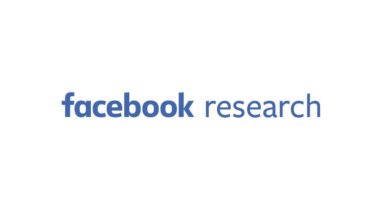Speech Resynthesis from Discrete Disentangled Self-Supervised Representations

Abstract
We propose using self-supervised discrete representations for the task of speech resynthesis. To generate disentangled representation, we separately extract low-bitrate representations for speech content, prosodic information, and speaker identity. This allows to synthesize speech in a controllable manner. We analyze various state-of-the-art, self-supervised representation learning methods and shed light on the advantages of each method while considering reconstruction quality and disentanglement properties. Specifically, we evaluate the F0 reconstruction, speaker identification performance (for both resynthesis and voice conversion), recordings’ intelligibility, and overall quality using subjective human evaluation. Lastly, we demonstrate how these representations can be used for an ultra-lightweight